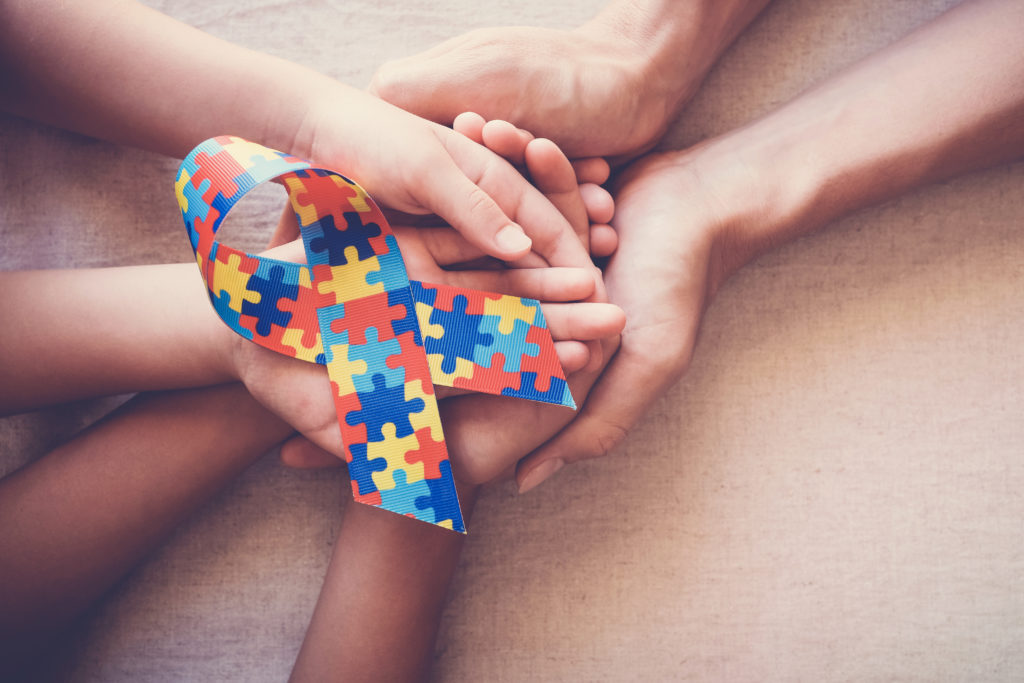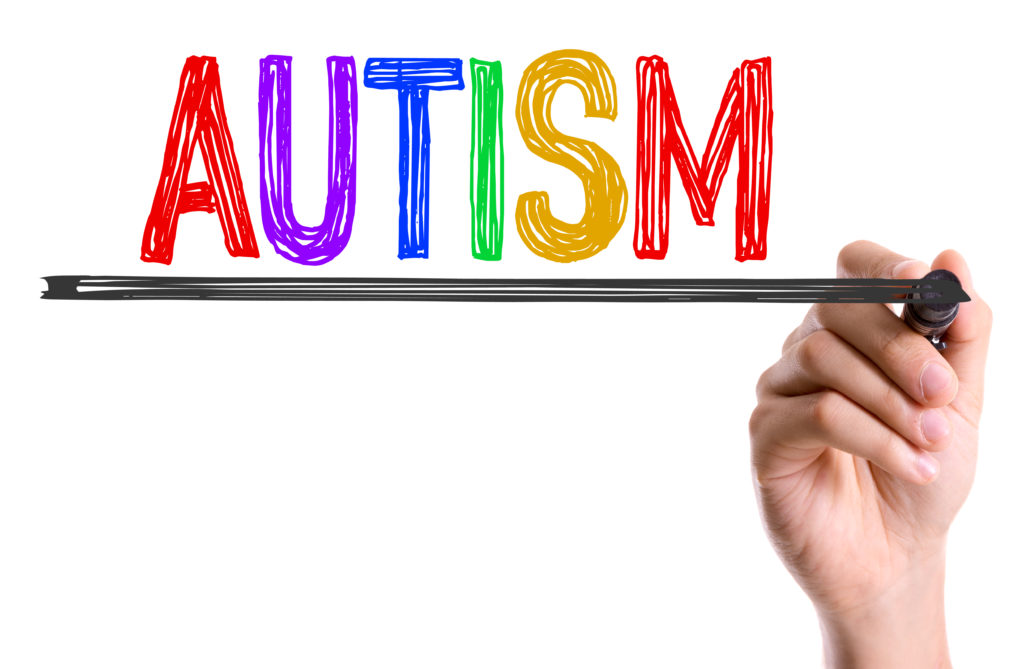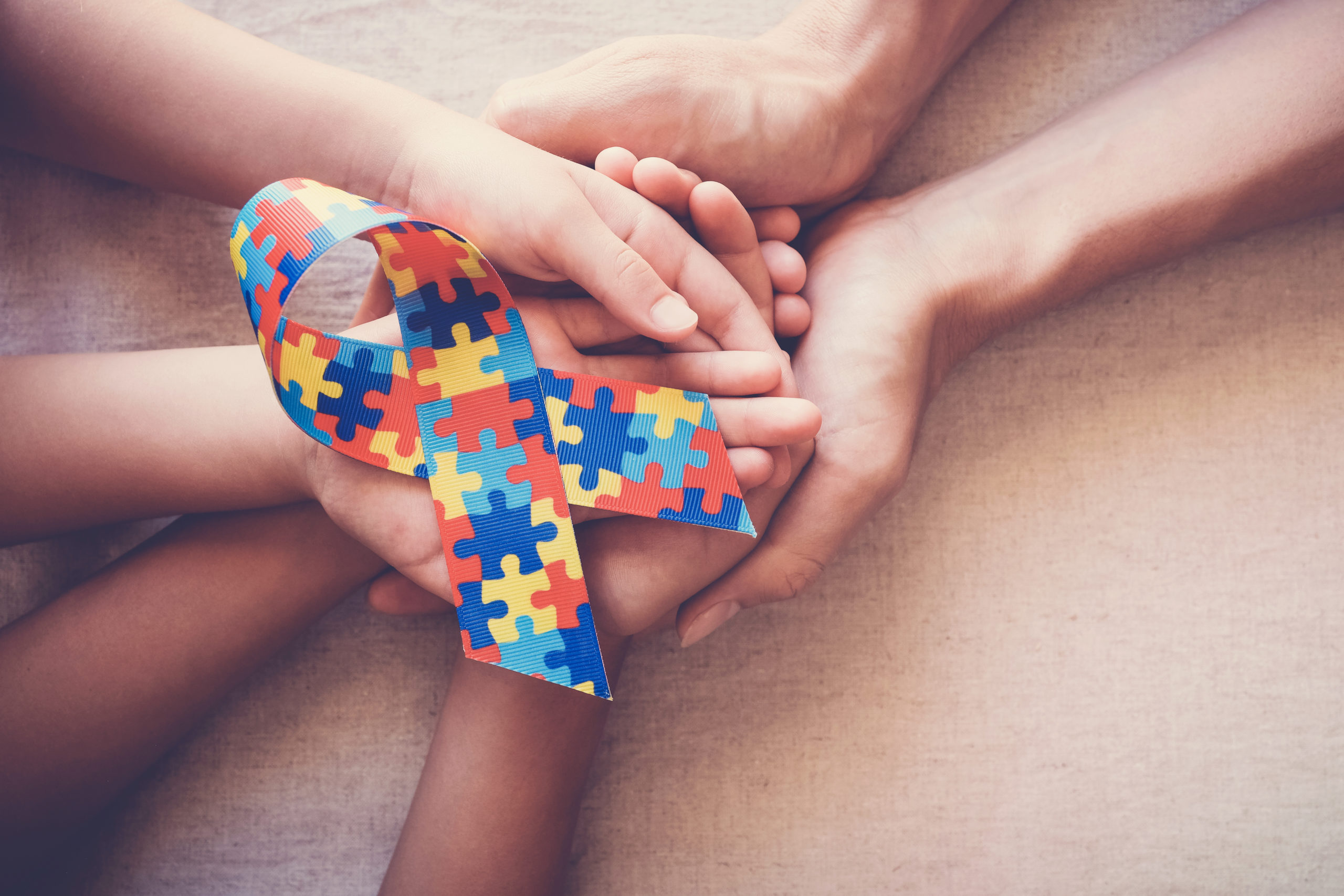Understanding Autism – The Signs of Autism in Babies
What is autism?
Autism is a complex, lifelong disorder that affects an individual’s social, communication, and behavioral skills. It is a spectrum disorder and cases range from mild to severe depending on how it presents in an individual. This also means that the symptoms and signs vary widely among individuals.
Identifying the symptoms of autism in babies is not easy. A diagnosis of autism is not usually believed possible before the age of 18 months, although there are very early signs that may be picked up on before then.
Identifying the signs of autism in babies is further complicated by the fact that babies develop at different rates and are developing multiple skills during a time of significant development and growth. Isolated delays or issues with reaching milestones are a natural part of many infants’ development and are not always cause for concern.
Early intervention crucial is to improving the life outcomes of a child with an autism diagnosis, and so being able to identify some of the earliest signs of the disorder and when to consult with a medical professional, is important.
The following are some of the signs of autism in babies, 0-12 months, and 12 months plus, organized by age and symptom. It is important to note here that some of these signs may be in line with developmentally and age-appropriate expectations for a very small and even older baby. These signs are not identifiable in an infant, for example, and not before 3 months of age.
| Possible signs of autism in babies before 12 months |
| Doesn’t respond to facial expressions made by a caregiver |
| Doesn’t look at or respond to objects or events pointed out by a caregiver |
| Doesn’t respond with expected or appropriate facial expressions |
| Is too sensitive or not sensitive at all to sensory stimuli- noise, visuals, smells |
| Doesn’t appear to feel pain |
| An unusual vision or way of looking at things- looking at things from an unusual angle |
By 12 months of age, these signs will be much clearer to identify within the context of developmental appropriate milestones and expected behaviors.
| Possible signs of autism in babies after 12 months |
| Is difficult to soothe, especially in new environments |
| Is not enthusiastic about exploring new environments, activities and new people |
| Has an increased sensitivity to sensory experiences |
| Shows unusual hand, body movements |
| Doesn’t respond to their name |
| Doesn’t show any interest in other children, either of their own age or older/younger |
| Doesn’t respond with facial expressions to facial expressions from others |
| Doesn’t show any interest in showing items to others, or to pointing things out |
| Doesn’t respond to, initiate, or enjoy physical contact and affection |
Understanding the signs of autism requires an understanding and awareness of the main developmental milestones for babies. Tracking and following your baby’s development in line with these milestones can also help identify delays and possible signs of autism too. Most of the time these early signs may not be cause for concern, but checking with a medical professional is the best way to understand your child’s development in the context of autism.
There are no current concrete causes of autism. However, autism may present as the symptom of a rare disease of a genetic syndrome. In these cases, genetic counseling, genetic analysis and testing may follow an autism diagnosis.









